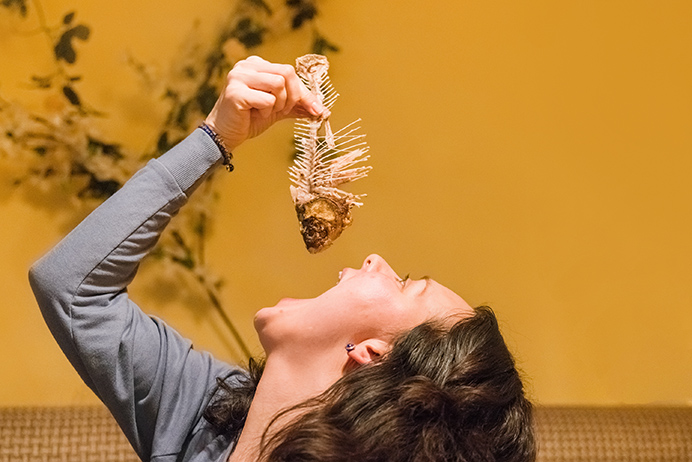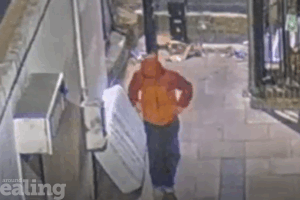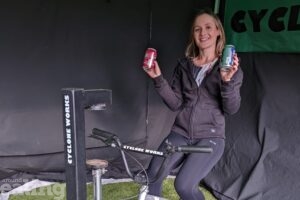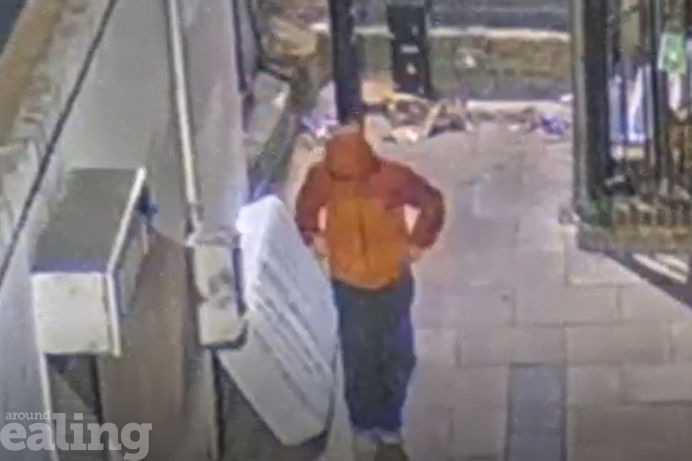This festive season, as we all hopefully enjoy some good food, it is worth remembering that chucking food leftovers in the rubbish bin comes with a huge cost. Not just to our wallets but to our environment, too.
It is estimated that around 70% of the six million tonnes of food we throw away in the UK each year could have been eaten or reused. Not only does that cost an average family with children £60 a month, but the wasted leftovers can also have a big impact on climate change.
If someone throws food waste in a rubbish bin, it ends up in landfill, where it creates some of the most harmful and polluting greenhouse gases as it rots.
This is so unnecessary. Any leftovers you cannot use can be recycled. In our borough, you can use the council’s weekly collection service to recycle it. Indeed, many of you do. In 2021-22, you put out 7,600 tonnes of food waste to be collected for recycling.
Not only has this saved money and cut carbon emissions, but there is a third and, to many, unexpected benefit: Helping to create power for homes.
All of the food waste that Ealing Council collects is taken to a special processing site in England. At this ‘anaerobic digestion plant’ the waste is broken down and this process creates:
- Electricity that is fed into the National Grid to power our homes, and
- Nutrient-rich fertiliser to help farmers improve their soil to grow more food.
Read more about the anaerobic digestion process and what happens to your waste.
I DON’T RECYCLE FOOD YET. WHAT DO I DO?
It is simple. All you have to do is stick your leftovers, scrapings, tea bags, peelings and unwrapped, out-of-date stuff into your kitchen caddy bin, preferably lined with a compostable bag (easy to get from supermarkets). And then, once it is full, take the bag from the caddy (or the caddy itself) and either:
- If you live in a house, put it out in your green food waste bin ready for your kerbside collection day each week, or
- If you live in a flat, take it down to the communal food waste bin and tip it in for recycling. More and more flats are gaining access to these bins and, eventually 417 locations and 20,000 flats will have one.
If you do not have a food waste bin, you can ask for one on the recycling pages of the council’s website.







